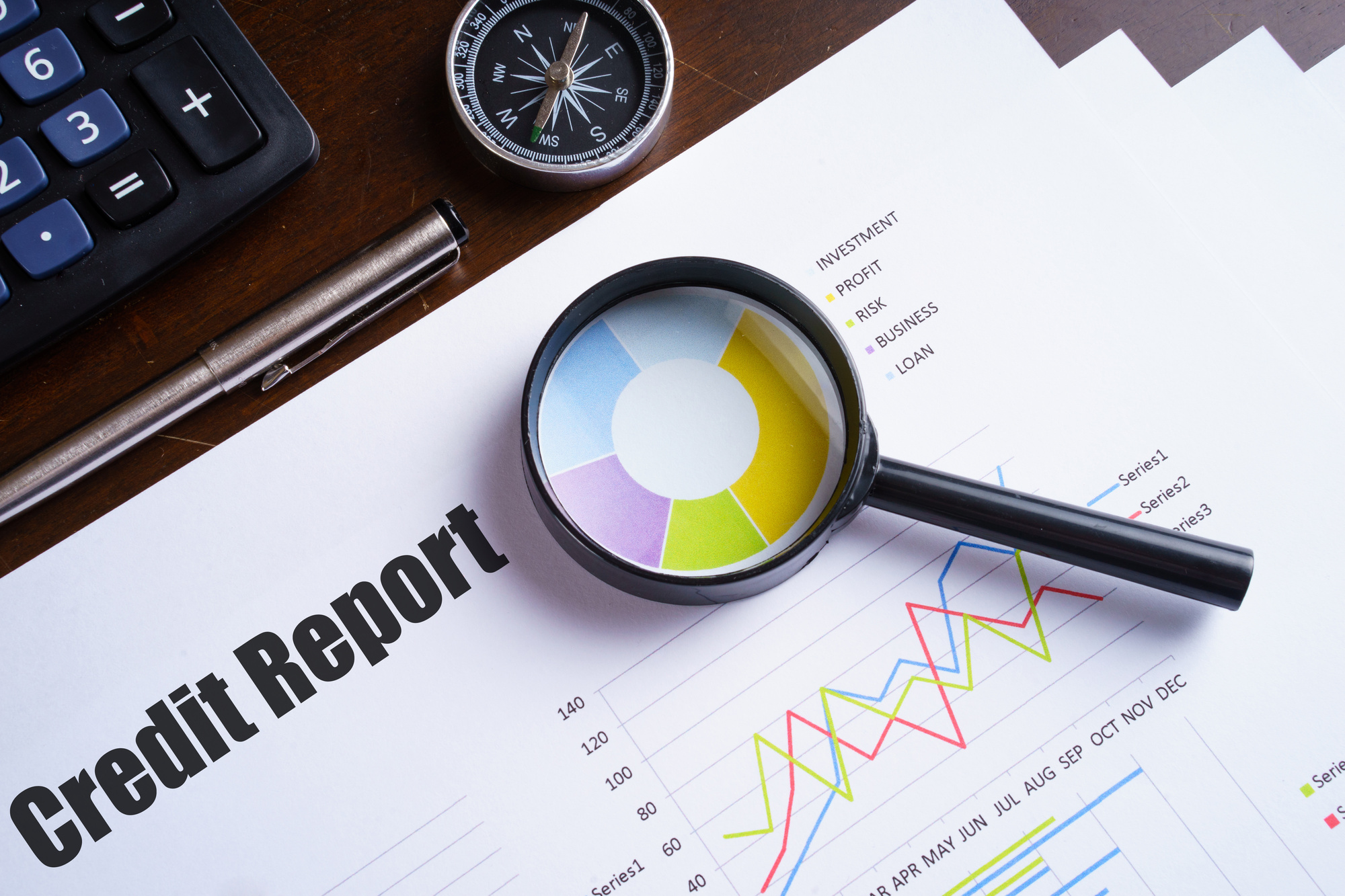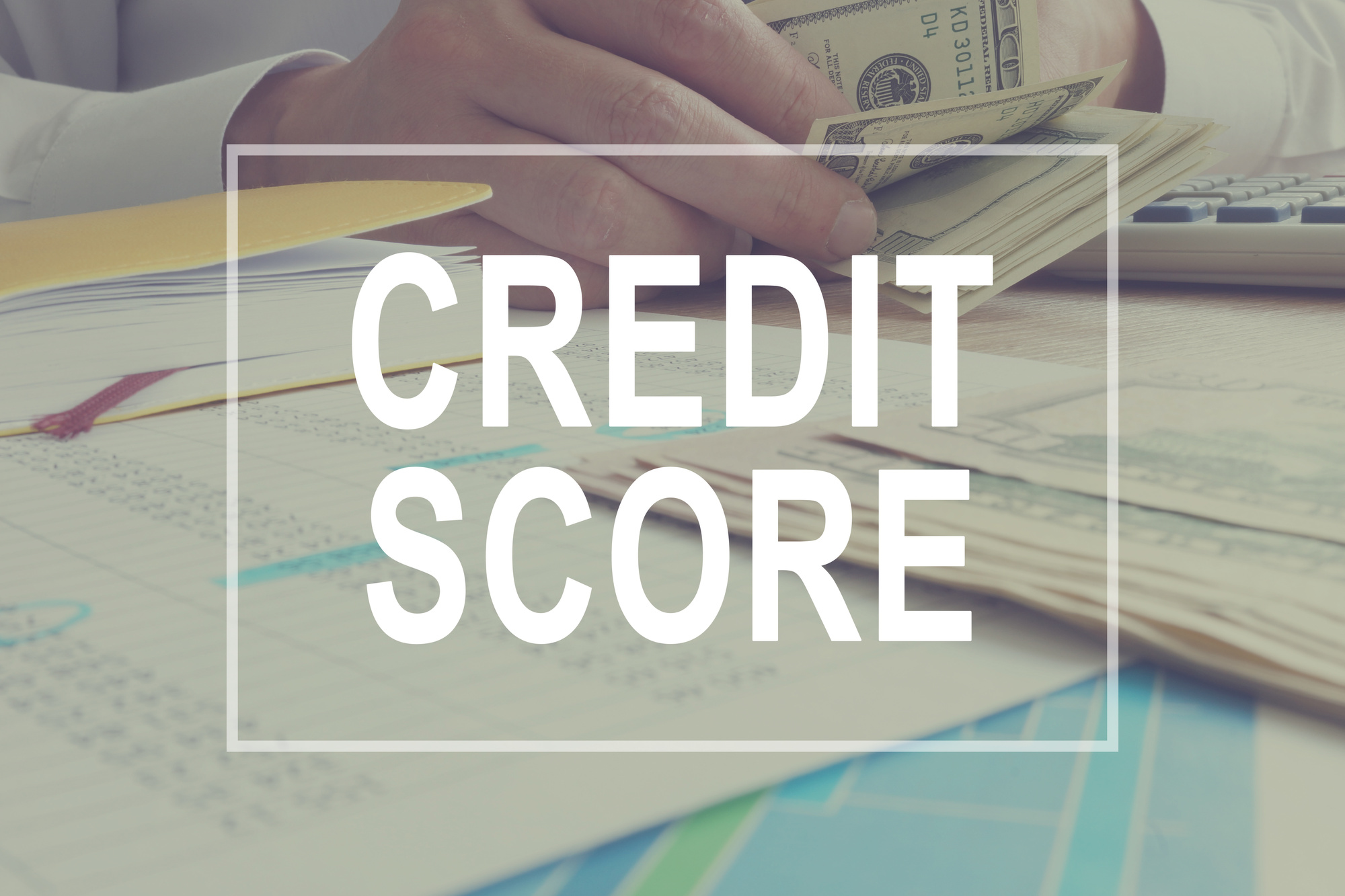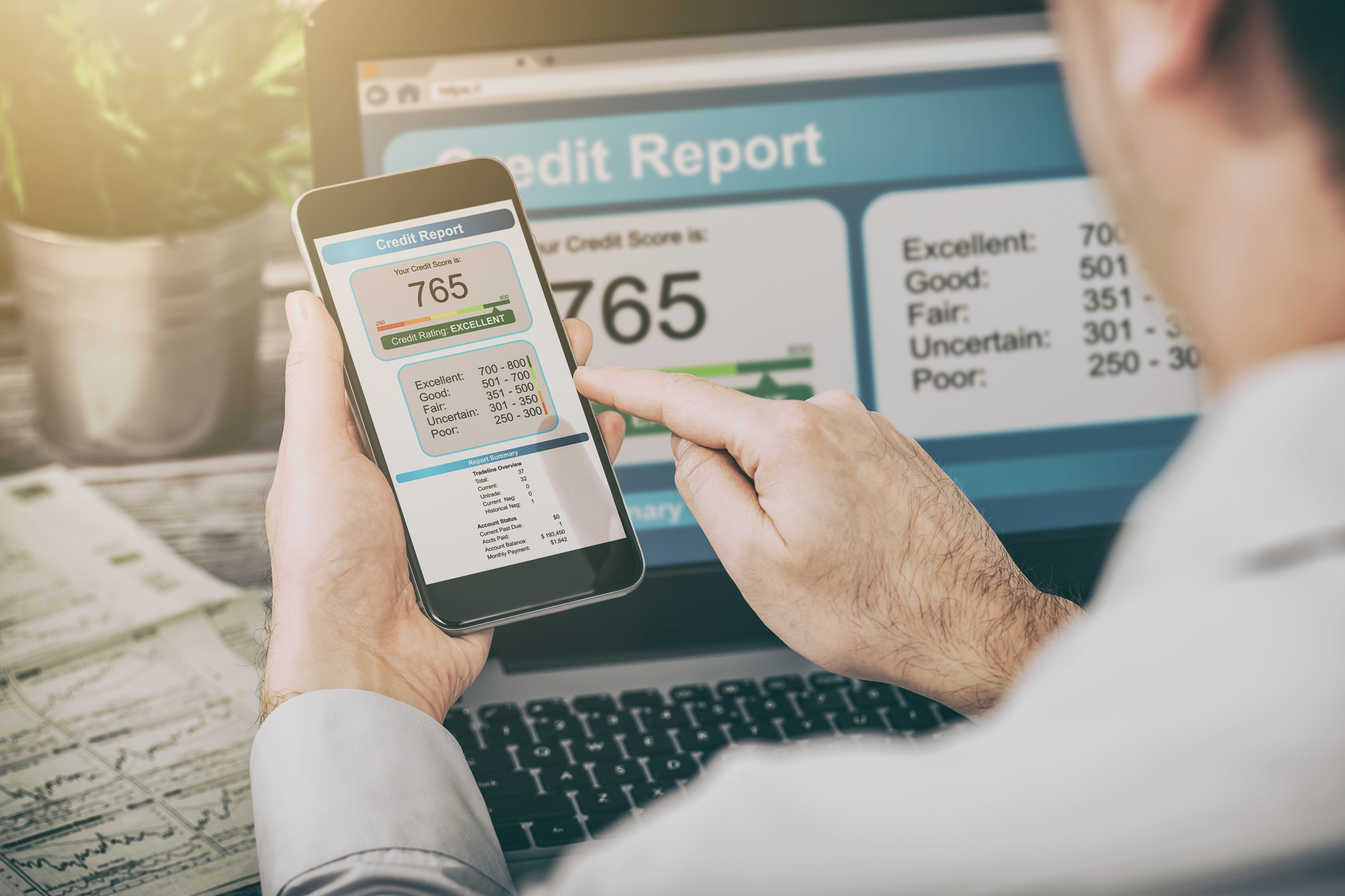Student Loans and Credit: 7 Steps For Improving Your Credit Score
Given that the majority of Americans are currently in debt, if you’re struggling with improving your credit score, you’re not alone. Student loans are one of the most commonly held types of debt and it can follow you for decades after graduation. The relationship between student loans and credit scores aren’t perfectly interlaced, lapses in payment will drag your score down.
Here are 5 tips for improving your credit score when you’ve got student loans on your back.
1. Stop Taking Out For Life Expenses
Whether you’re still in school or trying to make it through debt after, you need to start putting up some limits on what you’ll take out loans for. Even if we’re just talking about credit card expenses, you need to start paying for more of your everyday life expenses with cash on hand.
If you’re taking out more debt to pay for your day to day living, that cup of coffee or those groceries are going to cost you 20% more than the sticker price. Unless that sounds appealing to you, you need to take a break from taking out loans for things you can afford.
Going further into debt will only make your credit score even harder to up into a healthy place. Your first step is to change the behaviors that will get you further into debt.
If you’re unable to pay for your rent, bills, and living expenses, you need to make adjustments rather than taking out loans. Even small and steady payments can help to improve your credit score while small and steady increases to debt will have a much more damaging effect.
2. Budget
Your budget is your roadmap to getting yourself out of debt. Without a map, all of the resources in the world could be misspent, misallocated, and misdirected away from improving your financial health.
If you’re spending hundreds a month eating out or buying things you don’t need while your debt grows, you’re misdirecting your funds. You need to start by doing a triage of what you have versus what you need.
Track your spending carefully for an entire month. Every coffee, every movie night, every utility, and your monthly expenses should be accounted for. Add everything up for a month and repeat the pattern for two more months if you want to be sure about your figures.
Then track how much you make from week to week. If you have side gigs, add them to your total income until you get a monthly figure. Then subtract your total spending and cross your fingers that you get a positive number.
If you do, then it’s time to start paring back so you can increase how much you’re contributing to paying off debt. If you come up with a negative number or uncomfortably close to it, see where you could be cutting back on expenses.
3. Consolidate Your Debt
Consolidating your debt is the best thing you can do if paying off your debt immediately isn’t an option. If you’ve got a mix of different debts and loans from a variety of lenders and paying a variety of high-interest fees, juggling your payments can be a mess.
Trying to decide whether to pay off the smaller debt with the high-interest rate versus the slightly higher debt with the slightly lower interest rate is a struggle. Calculating which will cost you more, in the long run, doesn’t have to be a headache. You can find a financial services company to consolidate your debt so you can pay one monthly fee and one smaller interest rate.
While debt consolidation is available to most people with debt, not everyone takes advantage of it the way that they could be. When you’re in the soup of juggling repayment, earning income, and avoiding further debt, consolidation can take some of the weight off your shoulders.
4. Repayment Plan
Regardless of whether you took money out from a financial institution or you’re with the federal student loan program, there are lots of payment plans available.
If you’re simply not making enough money to pay your debt right now, you might qualify for a deferment. While you will likely accrue interest during this period, at least you won’t get into trouble for not paying enough on your loans.
You could also apply for an income-based repayment plan. Income-based repayment is catered to your financial situation and doesn’t demand that you pay back more than you can afford. Again, your interest growth might not change, at least you’ll be cutting down on your debt little by little, at a pace that suits your situation.
Every lending institution offers its own repayment plan, aimed at keeping you on track while ensuring the institution gets their money back.
5. Start Paying Off High-Interest Private Loans
Student loan interest rates vary based on the types of loans you get. Loans that go directly to your academic institution usually have lower interest rates than loans that you use for living expenses.
The ones that have the highest interest rates should be paid off first. They will cost you the most, the longer that they’re open. Choose low hanging fruit and take care of those. If you can’t consolidate your loans, pay them off in an order that will get them off your back fastest.
The sooner you pay off your loans, the more you can devote your extra money to saving for retirement and for the things you want the most in life.
The Relationship Between Your Student Loans and Credit Score is Complicated
Many people have student loans and a credit score that appears healthy. So long as you pay your student loans diligently and don’t take out more than you need, you can get access to good credit cards and mortgages. Management of your finances will take some effort but student loans aren’t a death sentence for your credit.
To ensure you stay on the path to repairing your credit, follow our guide for success.










